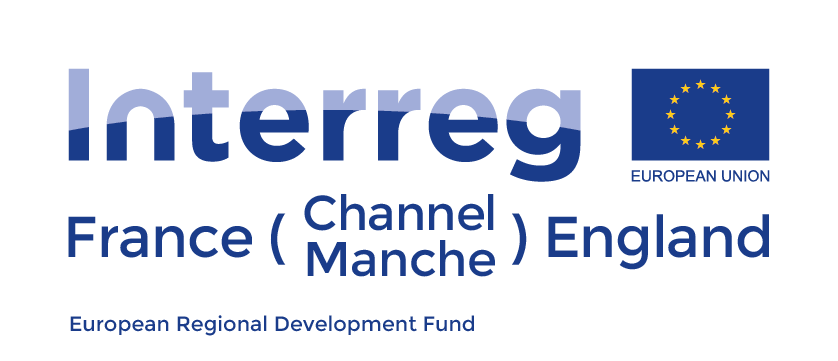
Submitted by Mutsuko Grant on Fri, 15/06/2018 - 15:00
FLOWER aims to develop innovative flax fibre reinforcements for sustainable composites applications in the marine, automotive and point-of-sale advertising sectors
We are delighted to announce that the FLOWER project (Flax composites, LOW weight, End of life and Recycling) has been approved by the Interreg VA France (Channel) England European cross-border cooperation programme, which is funded by the European Regional Development Fund (ERDF). The project has a total budget of 4.6 M€, and will run until September 2022.
FLOWER aims to develop novel, low-cost, light-weight, non-woven and woven flax fibre reinforcements for the local composites industry. Biodegradable and bio-based thermoplastics will also be explored to ensure end-of-life sustainability. The outcomes from this project will enable achieving the aspiration of transforming natural fibre composites as cost-effective, environmentally-friendly, light-weight and viable alternatives to glass fibre composites for the automotive, marine, and point-of-sales advertising sectors. As deliverables of the project, structural components of a flying boat (hydrofoil), which will make its maiden journey across the English Channel, automotive roof panels, and point-of-sales advertising display boards will be made with the developed flax composite material technologies.
The FLOWER consortium comprises 8 partners. Led by the University of South Brittany, FLOWER brings together 4 academic partners (University of South Brittany in Lorient, French National Institute for Agricultural Research (INRA) in Nantes, University of Cambridge, and University of Portsmouth) and 4 industrial partners (Kaïros, Teillage Vandecandelaère, EcoTechnilin and Howa-Tramico). The project is also supported by a number of UK organisations including Hethel Innovation, Natural Materials Association (sub-group of the Institute of Materials, Minerals and Mining), Bio-based and Biodegradable Industries Association, Eco-Composites Ltd, and the From Plants to Products Network.
At the University of Cambridge, FLOWER is led by Principal Investigator Dr Michael H. Ramage (mhr29@cam.ac.uk), and research investigator Dr Darshil U. Shah (dus20@cam.ac.uk).
